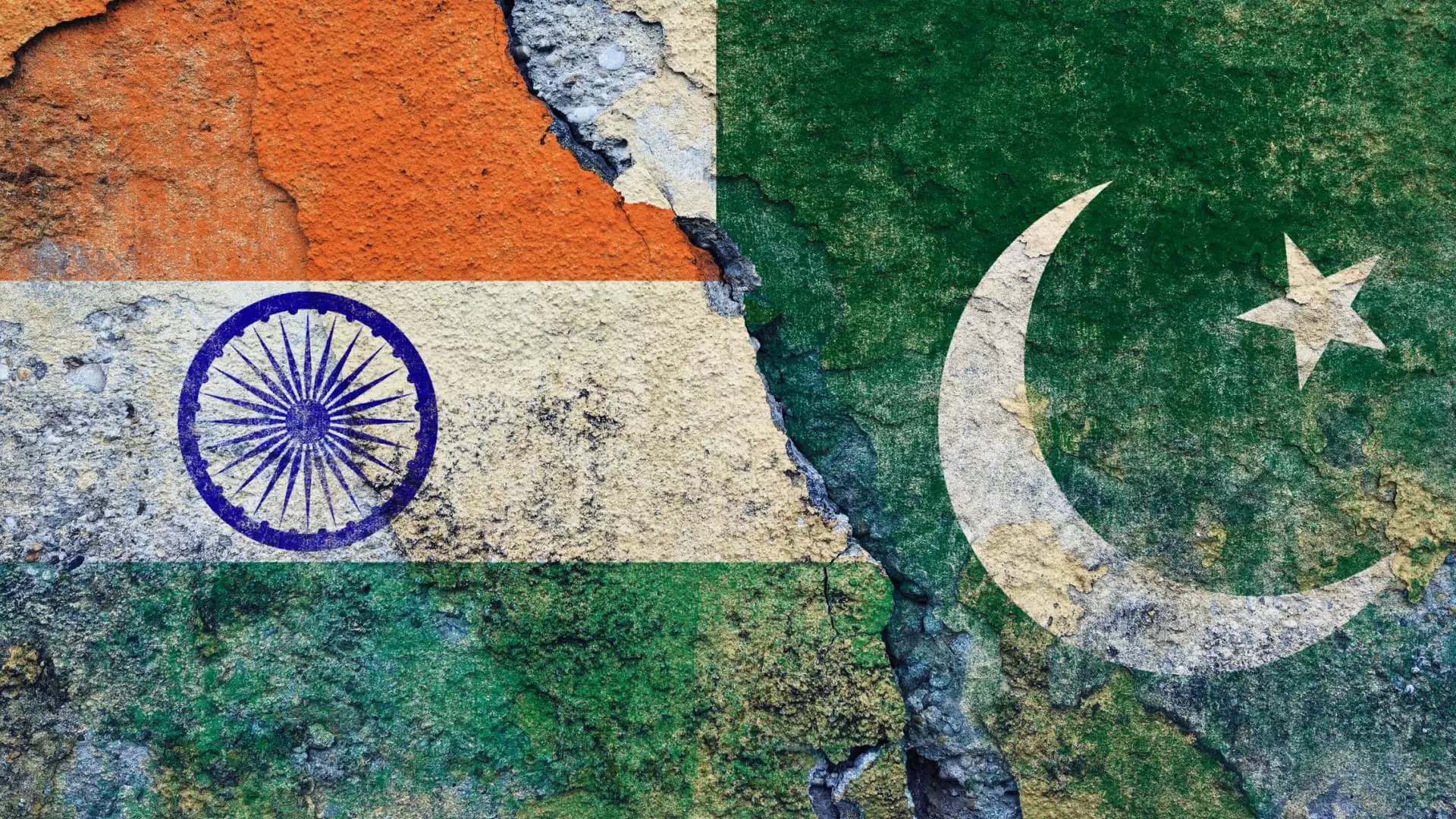The recent diplomatic efforts to broker peace between India and Pakistan have served as a sobering reminder of the complexities surrounding conflict resolution in volatile regions. With Foreign Minister David Lammy at the forefront of these discussions, Britain is endeavoring to partner with the United States in establishing a lasting ceasefire, amidst a history fraught with tension and violence. It is laudable that the U.S. and Britain are stepping up their roles as mediators; however, such interventions can only do so much. The fundamental political grievances and mutual distrust that underpin this conflict are deeply entrenched, and no ceasefire will hold unless both nations are willing to engage in genuine dialogue.
The ceasefire achieved on May 10 has been described as a fragile truce, a reality that speaks volumes about the precarious nature of such agreements in South Asia. Pakistan’s acknowledgment of Britain’s involvement further complicates the U.S.’s unilateral approach to peace negotiations. Are we merely kicking the can down the road? Why should neighboring countries rely on a Western intervention model that has often proven ineffective in other settings? As diplomats paint a rosy picture of potential progress, the underlying issues—ranging from territorial disputes in Kashmir to accusations of terrorism—remain unresolved and festering.
The Kashmir Conundrum
The thorny issue of Kashmir, a territory both nations claim but neither controls fully, stands at the core of their rivalry. The recent missile exchanges and military tensions were triggered by a horrific attack on tourists, which India attributed to Pakistan—a claim Islamabad vehemently denied. This cyclical nature of violence is not just a symptom of political animosity; it is the direct result of unresolved historical injustices. Lammy’s call for “confidence-building measures” feels like a band-aid on a gaping wound, ignoring the fact that such measures require foundational trust, which is currently absent.
Britain’s insistence on urging both nations to adhere to treaties, such as the Indus Water Treaty, raises critical questions. Can we expect compliance from nations that perceive each other as existential threats? The strategic manipulation of resources like water becomes a weapon in a broader political game, and Pakistan has every reason to perceive the suspension of the treaty as an act of war. Would uncle Sam and his British ally be as vocal if the roles were reversed? The inherent inequality in the power dynamics makes one wonder whether these diplomatic overtures are genuinely aimed at achieving peace or merely at maintaining geopolitical influence.
A Historical Context of Distrust
The roots of distrust between India and Pakistan run deeper than the surface-level conflict of today. Historical narratives, intertwined with colonization, partition, and communal riots, have fashioned a rivalry that appears almost intractable. Lammy points out that these two neighbors have struggled to communicate effectively. Yet, how do you initiate dialogue when every conversation feels like a confrontation due to decades of grievance and wariness? The reality is that as nations declare ceasefires and set up talks, the people on the ground live with the scars of past conflicts that shape their reality far more than the lofty decisions made in international corridors.
One cannot help but notice the recurring patterns in Lammy’s rhetoric. His condemnation of terrorism as a “terrible blight” showcases the global narrative often placed upon Pakistan, which runs the risk of simplifying an extremely complex issue. Is terrorism not a symptom produced by decades of disenfranchisement? To only treat the symptoms, without addressing the underlying causes of resentment, is a disservice to the populations involved. Lammy’s observation about Russia and its reluctance to engage in peace talks also highlights the difficulty of establishing credibility in negotiations. If the West wishes to be seen as a legitimate mediator, it must address its own inconsistencies in international affairs.
The Time for Real Engagement
In the complex theater of India and Pakistan, it is imperative for the international community to recognize that our focus should not merely be on ensuring a ceasefire but on reforming the narrative around these negotiations. A genuine peace process would require both countries to not only talk but also to listen—to engage in a manner that values mutual understanding and acknowledges historical grievances. With the current geopolitical tensions exacerbated by global players like Russia, the pathway to lasting peace seems fraught with challenges.
Whether the world is prepared to stand firm and insist on more than just temporary solutions remains to be seen. The intricate tapestry of relationships in South Asia necessitates that mediators like Britain and the U.S. engage with cultural sensitivity and a commitment to long-term peace, rather than merely finding a quick fix to uphold their international reputation. Only then can we hope to see an evolution from fragile ceasefires to trustworthy alliances.



Leave a Reply